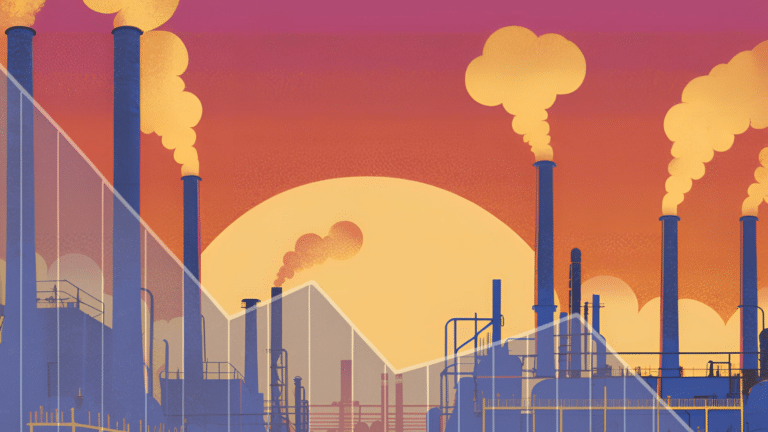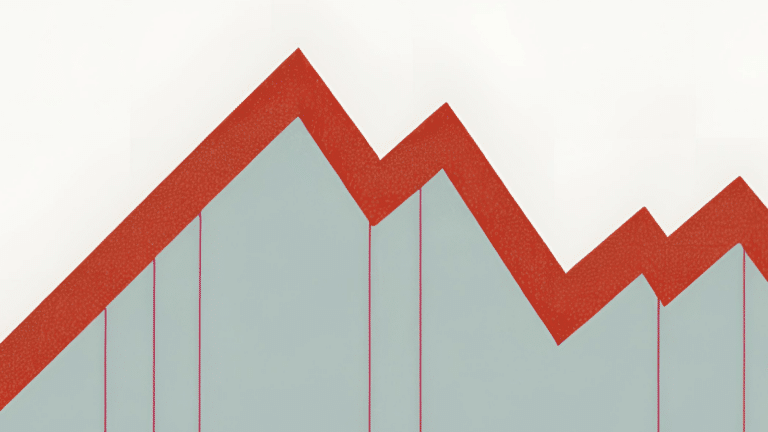Michael Smolens: Clean energy politics heat up for GOP, but it’s not about climate change
Republican senators seek to reverse cuts in renewable energy tax credits that could hurt their states as global warming continues apace.
Current Access Level “I” – ID Only: CUID holders, alumni, and approved guests only
CGEP hosted a presentation and discussion of IEA’s World Energy Investment 2017 report with Laszlo Varro, Chief Economist at the International Energy Agency. CGEP Fellow, John MacWilliams moderated the discussion following Mr. Varro’s presentation.
World Energy Investment 2017 is the second annual IEA benchmark analysis of energy investment. It highlights the ways in which investment decisions taken today are determining how energy supply and demand will unfold tomorrow, complementing the forecasts and projections found in other IEA publications.
President Trump's recent visit to the Gulf region marked a dramatic shift from the previous administration’s Middle East diplomacy. In his visit to Saudi Arabia, the UAE, and...

We often associate energy poverty with developing nations, but the reality is that tens of millions of Americans struggle to pay their monthly energy bills. Oftentimes, they forgo...

For years, Japan set aggressive decarbonization targets, positioning itself as a climate leader despite limited domestic resources. But recent geopolitical earthquakes like the ongoing war in Ukraine, increasing...

From oil pipelines crossing the border to integrated electricity grids, energy trade has long been a key part of the economic relationship between the United States and Canada....

Calls to "Drill, baby drill" are back with Donald Trump's return to the White House, and for US natural gas production, the catchphrase might also be a necessity over the next three years if demand for the fuel grows as steeply as expected.

China’s demand for oil, long an important driver of global oil demand growth, slowed dramatically during January–September 2024.

The US Federal Reserve (Fed) commenced its monetary easing cycle on Wednesday with an aggressive 50 basis points policy rate cut.

As new industries are emerging to support the energy transition, anti-corruption sanctions are an important part of the international effort to ensure that the global economy operates on clean, fair, and transparent lines.
